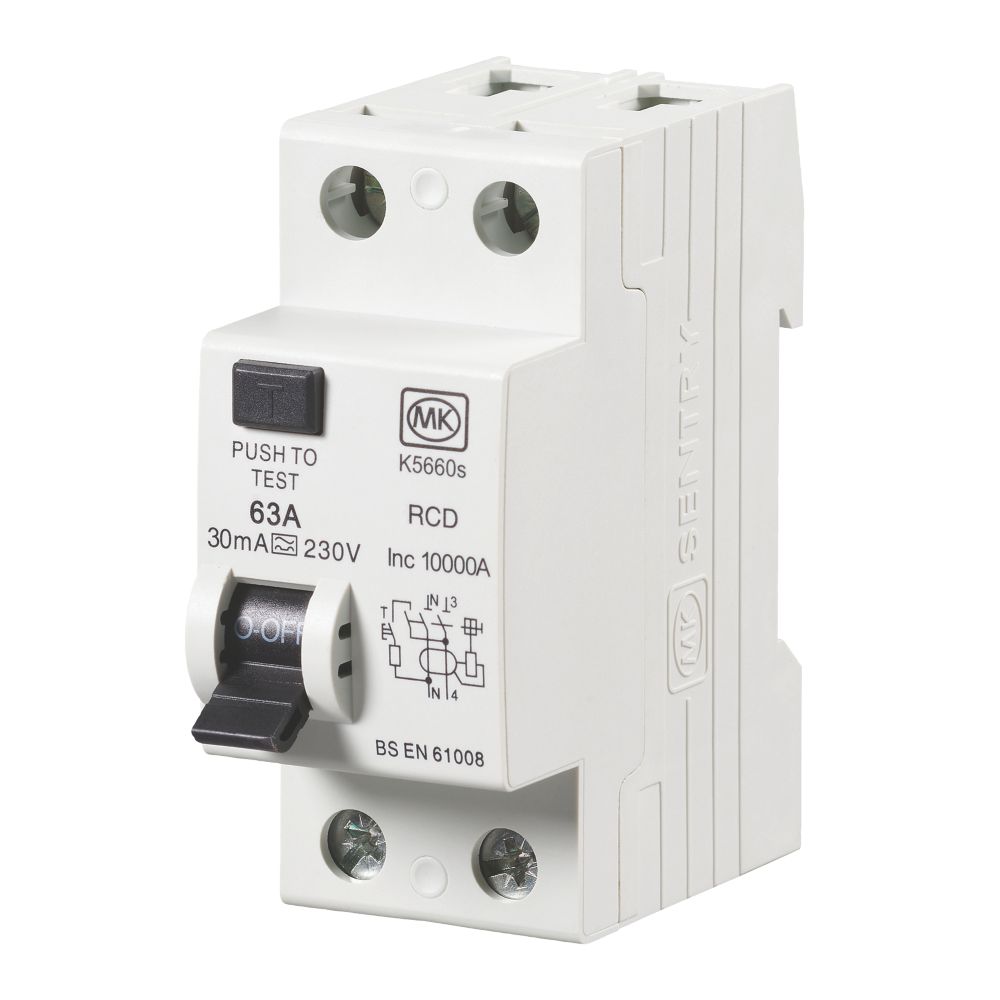Hi,
My son is having a bathroom refurbishment, this involves removing a wall between the bathroom and a toilet to turn two rooms into one, repositioning the lights and light switches and making provision for a washing machine to be installed in the new bathroom.
The builder has told him that because his consumer unit is plastic and not metal it needs to be replaced because, if the house is sold in the near future it will need to have an up to date electrical safety certificate and the plastic consumer unit will make it fail.
Photo of the existing dual RCD consumer unit:

The builder has quoted over £1000 to replace this CU. Does it need to be replaced to allow the electrical work in the bathroom to proceed or is the builder just fishing for extra work?
Paul
My son is having a bathroom refurbishment, this involves removing a wall between the bathroom and a toilet to turn two rooms into one, repositioning the lights and light switches and making provision for a washing machine to be installed in the new bathroom.
The builder has told him that because his consumer unit is plastic and not metal it needs to be replaced because, if the house is sold in the near future it will need to have an up to date electrical safety certificate and the plastic consumer unit will make it fail.
Photo of the existing dual RCD consumer unit:
The builder has quoted over £1000 to replace this CU. Does it need to be replaced to allow the electrical work in the bathroom to proceed or is the builder just fishing for extra work?
Paul


